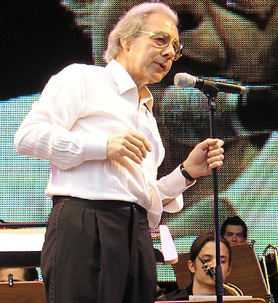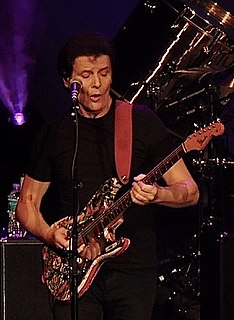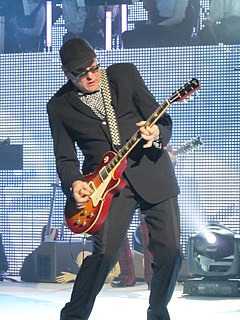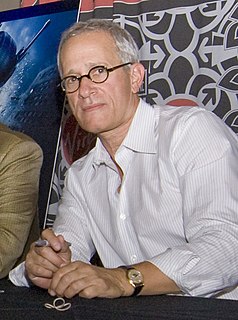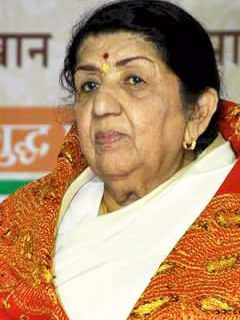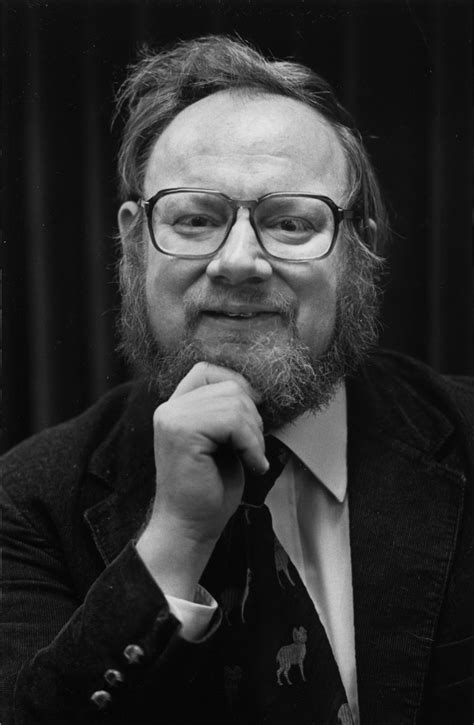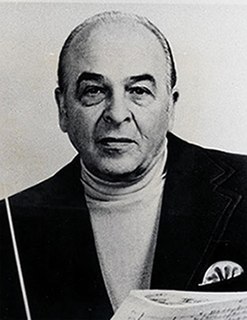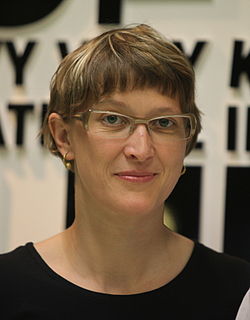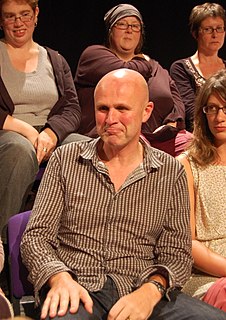A Quote by Stewart Copeland
In a film score, the last thing you want to do is take people out of the movie. The music is secondary. In opera, the music is the main event.
Related Quotes
I was very young, maybe five. The opera was very... I was attracted to opera to the point that I think it's the reason I started to write music for films. I never studied. There are film and music school that teach you how to write music. I never studied that. But the influence of opera, which is a combination of storyline, visuals, staging, plus music... that was perhaps the best school I could have had. That's what gave me the idea of coming to Hollywood to write music for films.
I'm happy to say that I have not been fired off a film. The score is usually the last thing to be done. So a lot lands on the scores shoulders. A lot of problems that seem to have nothing to do with the music gets blamed on the music , because it's relatively cheap to change, where as a reshoot etc is not. Music is often expected to help or fix bad cuts, bad acting, bad filming, bad timing, you name it.
I started doing Bollywood and film music, and now, it has come to a point where I've started to say no. I want to do my own music. I have been there and done that, so I am not there to achieve that any more. I just want to put my music out there, and if people listen it, okay; if they don't, then fine.
The most important thing to remember is that the composer is a senior partner. You cannot force a subject on a composer if it doesn't inspire him. He has to take the lead, you are an enabler, and you are creating the enabling conditions under which he can write great music. Your words are secondary. Many librettists in opera collaborations in the past have forgotten this, or not known it, or refuse to accept it and tried to get out in front of the creative process and it just doesn't work that way.

